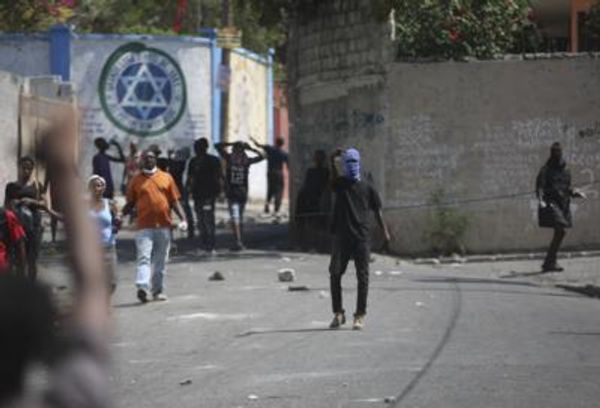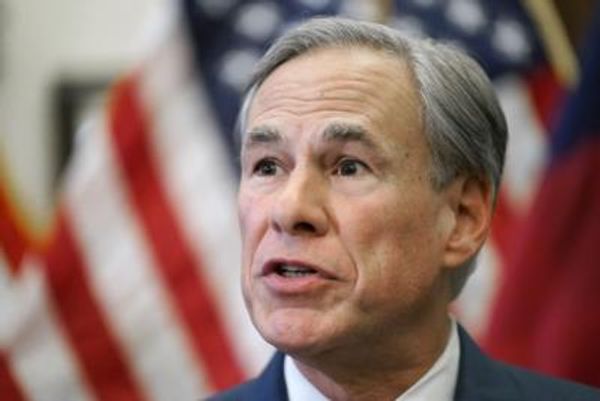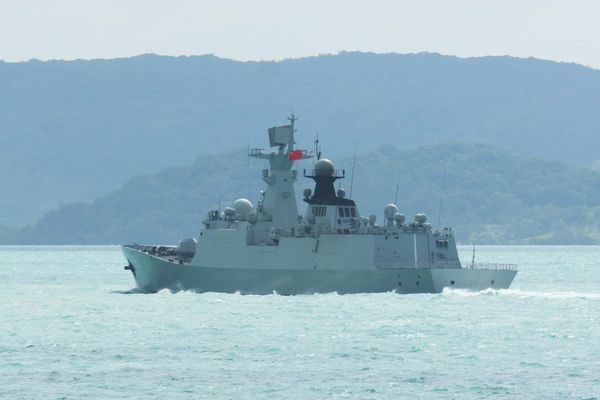
Japan and France on Friday said they wanted to deepen bilateral cooperation after agreeing earlier this month to accelerate discussions for a joint military exercise framework with Paris hoping to push for reciprocal access agreements.
Speaking ahead of a Group of Seven leaders summit in the Japanese city of Hiroshima, Prime Minister Fumio Kishida said it was the opportunity to develop an "exceptional partnership."

Ministers from the two allies had earlier this month instructed their respective ministries to accelerate progress on
talks ... for a permanent framework that would improve the administrative, legal, and political procedures to conduct joint military exercises.
The move comes after Japan announced in December its biggest military build-up since World War Two in a step away from its

traditional pacifism. Japan has signed reciprocal access agreements (RAA) with Australia and the United Kingdom.
RAAs create frameworks to facilitate military cooperation, such as making the entry of foreign personnel and equipment easier for the visiting force.
France's Defence Minister Sebastien Lecornu said last month
that Paris was hoping to agree RAAs with Japan, enabling the two sides to strengthen their military operability and exchanges.
"I also hope that we will be able to pursue the bilateral roadmap defined together, which has now been finalised, which will allow us to make our bilateral cooperation even stronger for the years to come," President Emmanuel Macron said ahead of talks with Kishida.
Tokyo has sought to strengthen defence ties amid concerns about China, including its pressure on Taiwan, freedom of navigation in the region and trade disputes.
Japan and France have already held numerous joint military exercises over the past few years bilaterally and also as part of a wider group.
The two countries have also agreed to enhance cooperation on defence equipment and technology, with a specific focus on the next generation mine detection equipment.
France has overseas territories in the Indo-Pacific and stations armed forces in the region. It has sought to develop
its presence in the Indo-Pacific.
It also wants to underscore how it can play a bigger role in Japan's defence industry as it has done in the civilian nuclear power sector, as Kishida adopts a more muscular military policy
in the region.
After signing defence cooperation deals with Canberra and London, Japan could next sign one with the Philippines. The agreements are expected to allow for faster deployment of armed forces in joint military exercises and in the event of natural disasters.
A Japanese foreign ministry official declined to call the
framework that the French and Japanese governments are working towards an RAA, but said that they are accelerating talks to streamline the administrative processes that come with the
deployment of forces.
(Reporting by John Irish and Sakura Murakami; Editing by Simon Cameron-Moore)







